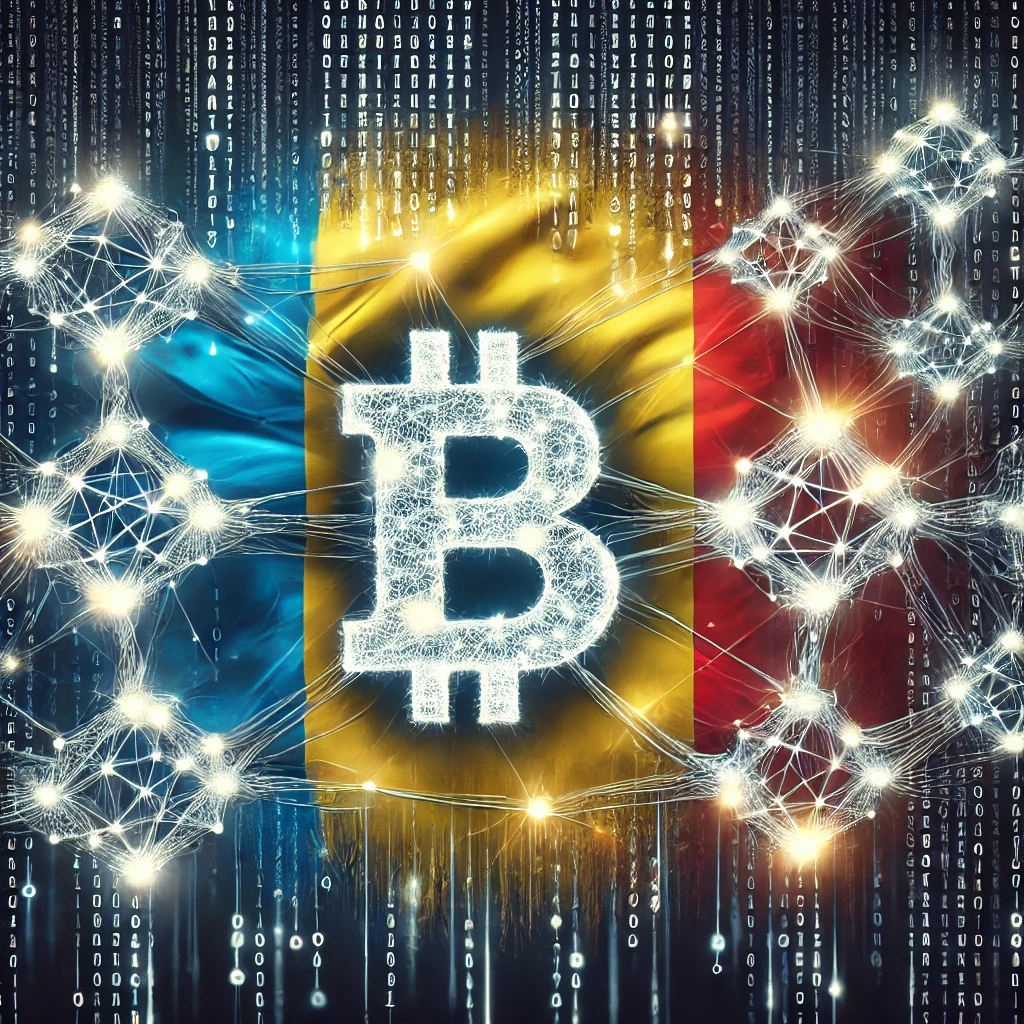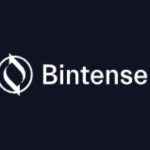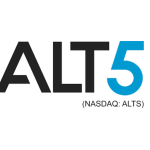Blockchain
Romania’s Groundbreaking Use Of Blockchain To Count Presidential Electoral Votes

Introduction
The concept of democracy hinges on fairness, transparency, and trust. In an unprecedented move to enhance these principles, Romania has become a pioneer in integrating blockchain technology into its electoral process. On November 24, 2024, the country took a bold leap by utilizing blockchain to count votes in its presidential elections, setting a groundbreaking precedent for other nations to follow. This article delves into the significance of this initiative, the technology behind it, and its implications for the future of electoral systems worldwide.
What Is Blockchain, And Why Does It Matter For Elections?
At its core, blockchain is a decentralized ledger system designed to ensure data integrity and security. Every transaction or entry is encrypted, timestamped, and verified by a network of computers, making it virtually tamper-proof. Traditionally associated with cryptocurrencies like Bitcoin, blockchain technology has found applications in finance, supply chain management, healthcare, and now, elections.
In the context of electoral systems, blockchain offers several advantages:
Transparency: Every vote is recorded and visible on a secure, tamper-proof ledger.
Security: Blockchain reduces vulnerabilities to hacking and fraud.
Efficiency: It allows for faster counting and reduces human errors.
By integrating blockchain into the vote-counting process, Romania seeks to demonstrate its commitment to innovation and integrity in governance.
How Romania Implemented Blockchain In Elections?
Romania’s Electoral Authority partnered with blockchain developers to design a system tailored to the needs of its democratic framework. The voting process itself remained traditional, with voters casting their ballots in-person or via mail. However, the counting and tallying of these votes leveraged blockchain technology.
Key features of Romania’s blockchain-based vote counting:
Decentralized Verification: Multiple nodes across the network verified vote tallies to eliminate discrepancies.
Immutable Records: Each vote count was securely recorded, ensuring that it could not be altered post-recording.
Real-time Monitoring: Authorities could monitor the progress of vote counting in real-time, enhancing trust among the public.
This hybrid approach ensured that the integrity of traditional voting methods was preserved while reaping the benefits of blockchain technology.
The Advantages Realized
Enhanced Transparency: Voters could track their participation in the electoral process without revealing their identities. Observers and watchdog organizations were also given access to anonymized blockchain records, ensuring full accountability.
Reduced Fraud and Tampering: By decentralizing the vote-counting process, blockchain effectively mitigated the risks of vote tampering, ballot stuffing, or manipulation of results. Every record on the blockchain required consensus from multiple nodes, making unauthorized changes nearly impossible.
Cost-Effectiveness: While the initial investment in blockchain infrastructure was substantial, the long-term benefits in terms of reduced administrative overhead and quicker results outweighed these costs.
Quicker Results: Blockchain technology significantly expedited the vote-counting process, allowing preliminary results to be announced hours after polling stations closed.
Challenges And Criticism
Despite its many advantages, the implementation of blockchain in elections is not without its challenges:
Technical Expertise: Deploying and managing blockchain systems require highly skilled personnel, which can be a barrier for developing countries.
Public Trust in Technology: While blockchain enhances transparency, skepticism about new technologies persists among certain demographics.
Cybersecurity Threats: Although blockchain is highly secure, no system is entirely immune to advanced cyberattacks.
Romania addressed these concerns by conducting multiple pilot tests and educating the public about the safety and reliability of the system.
Implications For Global Electoral Systems
Romania’s success in using blockchain for vote counting sets a compelling example for other countries. The move could pave the way for wider adoption of blockchain in electoral systems worldwide, particularly in nations struggling with electoral fraud or inefficiency.
Countries like the United States and Estonia have already explored blockchain’s potential in elections, albeit at smaller scales. Romania’s large-scale implementation demonstrates that blockchain is not just a theoretical solution but a practical one that can function effectively in national elections.
Potential Future Applications
Beyond counting votes, blockchain technology can be integrated into various aspects of the electoral process:
Digital Voting: Allowing citizens to vote remotely through secure blockchain systems.
Voter Identification: Enhancing voter authentication through blockchain-based ID systems.
Campaign Financing: Ensuring transparency in political donations and expenditures.
The success of Romania’s initiative could accelerate research and development in these areas.
The Global Response
Romania’s bold step has garnered attention from international media, technology experts, and political leaders. Many have praised the initiative as a forward-thinking solution to age-old problems in electoral systems. However, critics caution that blockchain is not a panacea and should be part of a broader strategy to improve democratic processes.
Conclusion
Romania’s decision to use blockchain technology in its presidential elections marks a turning point in the evolution of democratic systems. By leveraging blockchain, the country has demonstrated that technology can enhance trust, transparency, and efficiency in one of the most crucial aspects of governance—elections.
As the world watches the outcomes of this experiment, one thing is certain: Romania has positioned itself as a trailblazer in modern democracy. Whether other nations follow suit remains to be seen, but the potential for blockchain to revolutionize electoral systems is undeniable.











